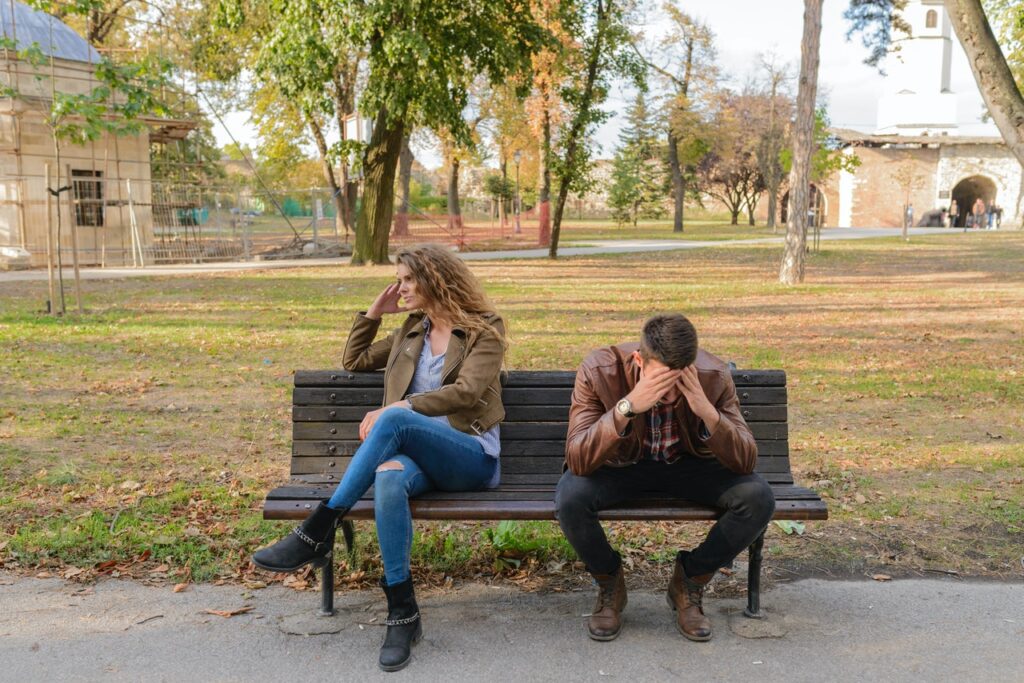
Domestic violence is taken extremely seriously in Australia. Arguments between partners and family members are common and sometimes these arguments become violent. Usually, when this happens someone will call the police and report a domestic assault. This person is called the ‘complainant’ or the ‘alleged victim.’
If police are called to an alleged assault, they have a responsibility to investigate. They will speak to the complainant and ask them questions about what happened. This is usually recorded on a body-worn camera. They will also take photos of any injuries they see.
In most criminal cases, if you want to make a criminal complaint against someone, you need to make a written statement to the police before they can charge them. In domestic violence cases, statements can be video-recorded by police and used as evidence to bring a criminal charge against a person. Police cannot charge someone unless there is a statement from the complainant.
Many people do not wish to have their partners charged because of an argument. Many people call the police just so they can intervene and give the other person a warning, however, police will often convince the complainant to make a statement so that they can take out an AVO on the person.
An AVO is a restraining order that prohibits a person from behaving in a certain way against someone they have a domestic relationship with, in order to reduce the risk of further violence. If you are found guilty of the domestic assault charge, an AVO can be taken out for up to 2 years against you. Breaching an AVO is a criminal offence and can lead to further charges.
If you call the police, you do not have to give them a statement, however, once you do, they will use that as evidence to charge your partner. Similarly, once you are charged with a domestic violence offence, it can be very hard (but not impossible) for the charges to be withdrawn at the request of your partner.
If your partner has called the police and police speak to them before speaking to you, even though you may want to explain your side of the story, it can often be better not to say anything, especially if you believe your partner has not told the police the truth or that you acted in self-defence.
Under these difficult and often stressful situations, you may not be able to explain yourself properly to the police and they may not believe you, so it is better to have your lawyer argue these types of cases on your behalf.
If you receive a domestic violence charge or AVO, speak to your criminal lawyer in Sydney to discuss the best options to fight the case and resolve it.
If you are in a similar situation or know someone who is, enquire today at [email protected] or Contact Us to Book a Free Consultation and see if we can achieve the best result for you.

